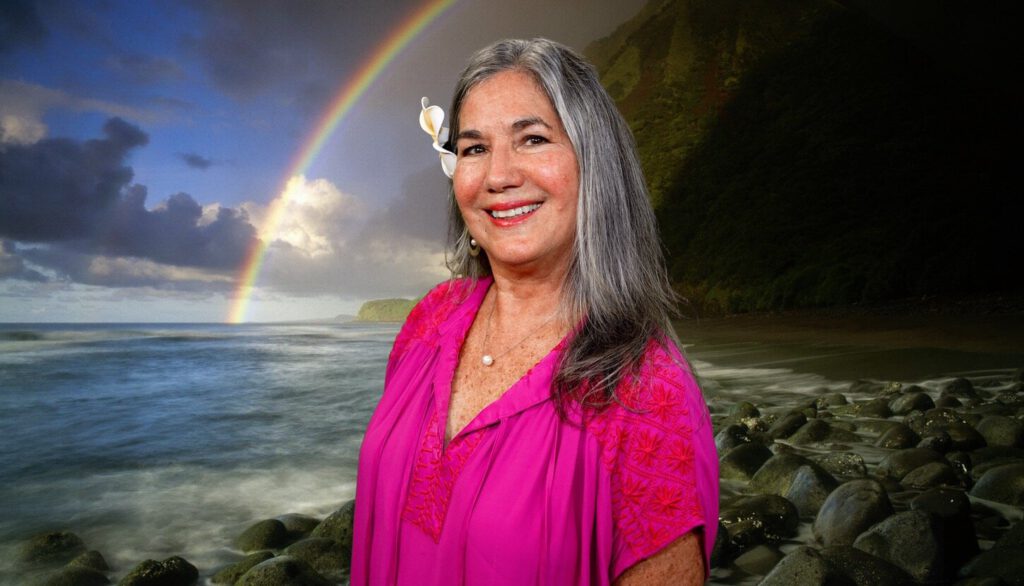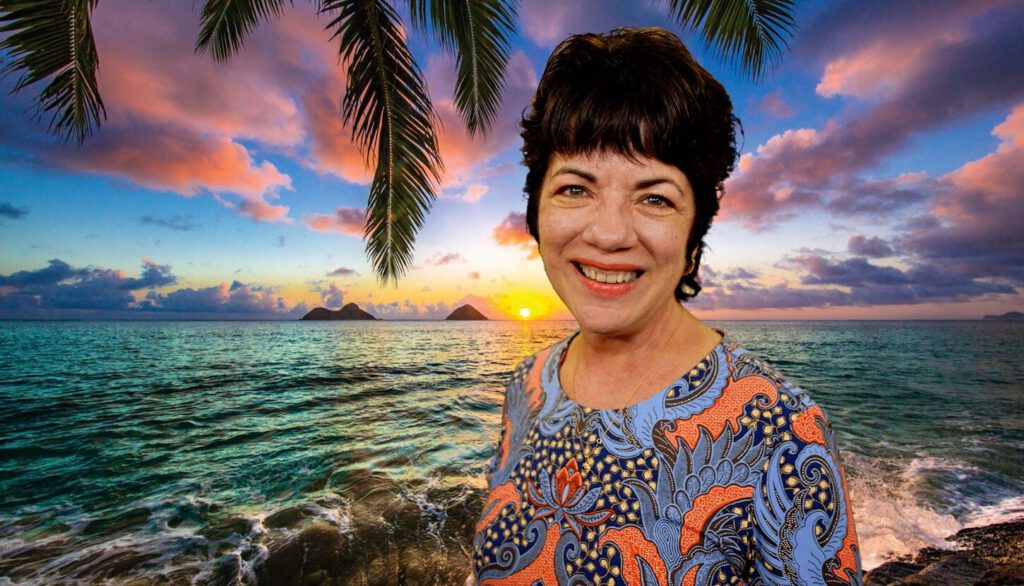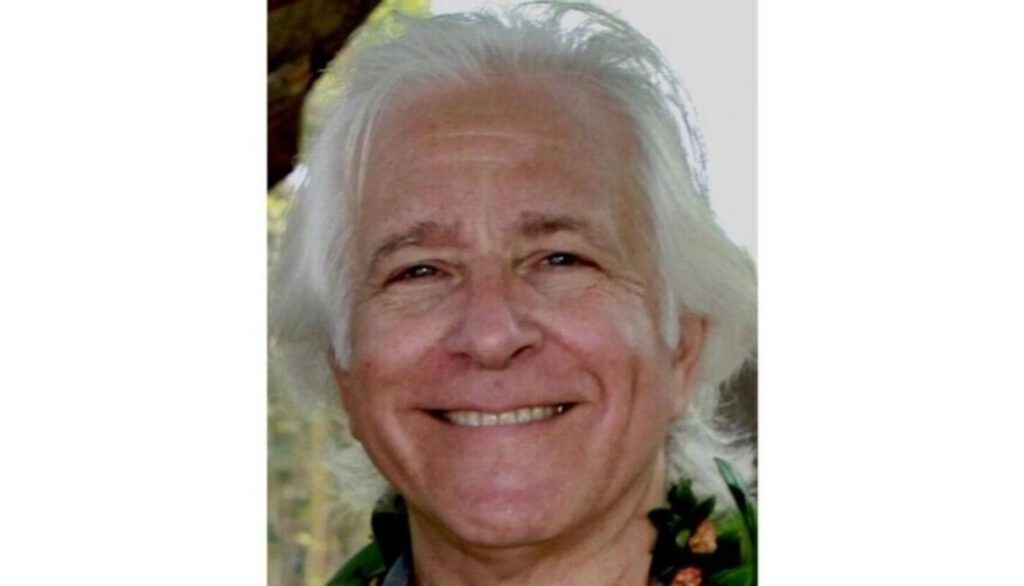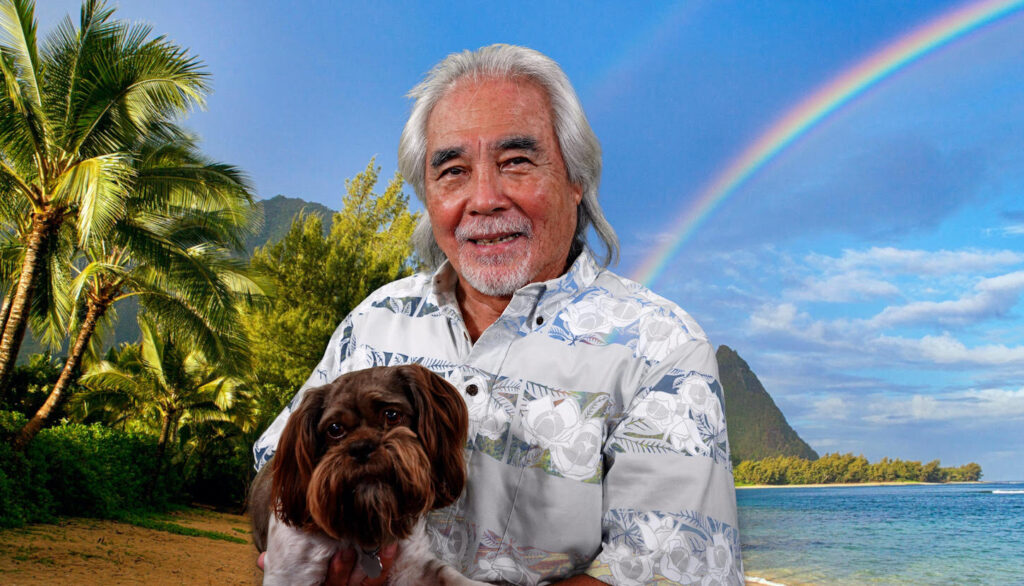“Don’t get stuck looking at the finger pointing towards the moon. Look at the moon.”
— Zen saying
treatment modalities
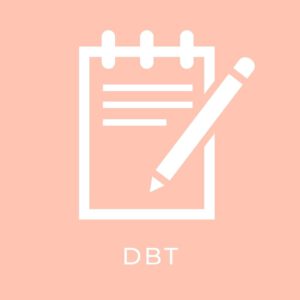
Dialectical Behavioral Therapy (DBT) is a skill-based approach toward healthier ways of coping with emotional triggers so that we no longer turn to food and eating as a means of dealing with our emotional difficulties.

Intuitive eating involves learning how to tune into our internal body wisdom and intuition for the information necessary to eat - combined with self-acceptance practices.

Through storytelling, a woman can begin to understand the symbolic meaning of her relationship with food and begin to see connections between her eating and relationships.
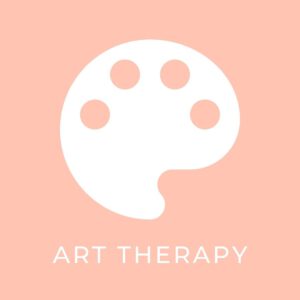
Art therapy has been shown to support an improved understanding of self in eating disorder recovery. It allows one to visually create something that is often too difficult to verbally communicate.

Somatic Experiencing (SE) is based on the notion that trauma is a physiological, not psychological condition. This means that the body must be included in therapy.
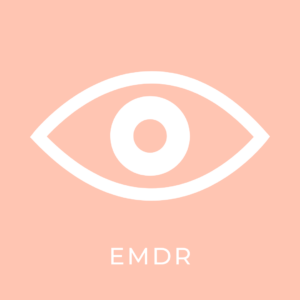
EMDR is a form of therapy during which the therapist directs the patient in one type of bilateral stimulation, such as side-to-side eye movement or tapping either side of the body, in order to reprocess and reorganize traumatic memories and achieve integration and healing.

Practicing mindfulness has proven to be extremely helpful in aiding individuals in understanding the driving forces behind their eating disorders. We start every morning with a mindfulness practice.

Our Horticultural Therapy groups spend time in our lush gardens growing herbs, vegetables, and local exoctic fruits, some of which are later used in food preparation.
our founder

Dr. Anita Johnston, PhD, CEDS
Clinical Director, Co-Founder, Owner
Many years ago, I was supervising a young intern researching the incidence of eating disorders in Hawaii. As we discussed the problems we were seeing, we found ourselves saying, “There is a really big problem here. There should be a center to help those struggling.”
So, in 1982 we created the Anorexia & Bulimia Center of Hawaii, where individuals of all ages, all sizes and shapes, all ethnicities, and all kinds of struggles with eating and body image could come for treatment. As they say, we built it, and they came…
It is important to me that those who struggle with eating disorders and those who treat them, receive the message that with proper treatment, and by addressing the underlying issues, it is totally possible to fully recover from an eating disorder.
In 1986, I developed Hawaii’s first inpatient eating disorder treatment program at Kahi Mohala Hospital, and in 2001, I created ‘Ai Pono Honolulu, the first free standing Eating Disorders Intensive Outpatient Program (EDIOP) in the country. After many years of sending those in need of a higher level of care to treatment centers off-island, I finally had the opportunity to create Hawaii’s first residential treatment program on Maui in 2012, in a beautiful eight bed home-like ocean front setting.
Today ‘Ai Pono Hawaii’s Eating Disorder Programs offer multiple levels of treatment as well as working in close collaboration with a ‘sister site’ in San Luis Obispo, California. We are licensed by the State of Hawaii Department of Health and accredited by the Joint Commission. Each program accepts a small number of clients, with a caring, empathetic staff that I have trained in my approach and is as dedicated as I am to healing the suffering that comes with having an eating disorder.
I know the courage it takes to seek treatment and that entering a program is a difficult step. At ‘Ai Pono Hawaii we support you in solving the mystery of your eating disorder and in developing the necessary skills you need for long-term recovery. I know that healing is possible.
Dr. Anita Johnston, PhD.
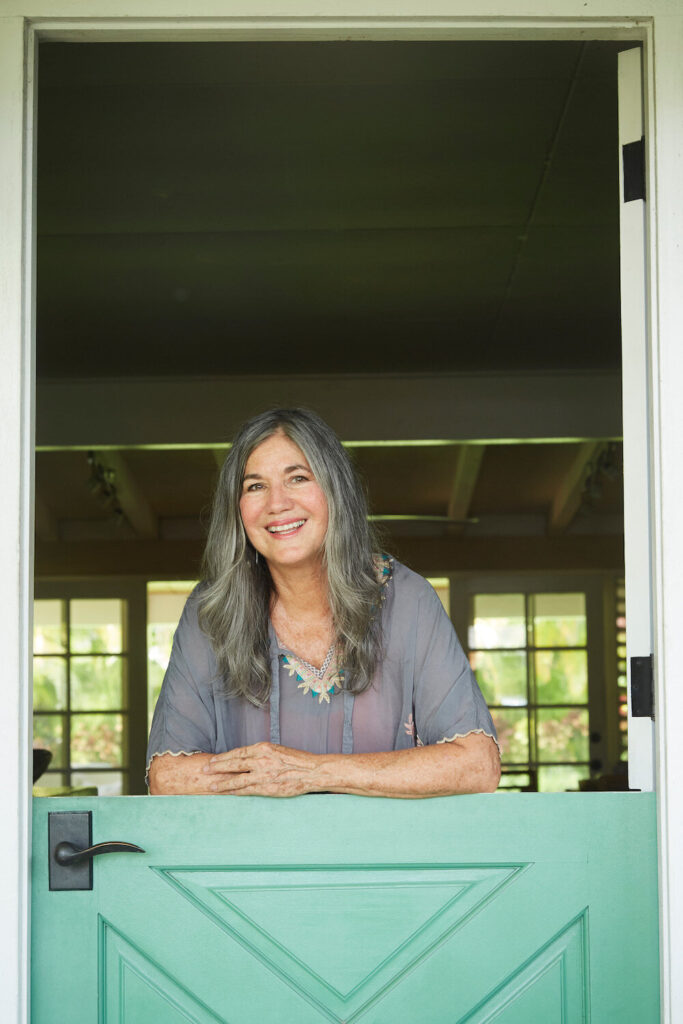
our philosophy
‘Ai Pono was built upon a philosophical foundation that stems from a belief that there is deep meaning to be found in the struggle with an eating disorder…
Clinical Team
Members of our clinical team are extensively trained in both eating disorders and co-occurring issues to ensure the thorough and holistic treatment of the women we work with. Our therapists utilize a wide range of modalities including trauma-informed treatment, attachment theory, family systems approach, mindfulness, and Dialectical Behavioral Therapy (DBT), among others. Meet our Clinical staff…
Medical Department
Should you join us at our ‘Ai Pono Hawaii Residential Program, we are sure that you will find that our Medical Team will make you feel 100% safe and welcome. We have nursing staff onsite 24/7 and all clients will have weekly visits with our consulting physician, who will work closely with staff to ensure that medical needs will be monitored and addressed. Clients also have the opportunity to work with our psychiatrist as needed. Meet our Medical Team…
Admissions Team
Our Admissions Team is here to serve you from admission through to discharge. We understand that this is a difficult and often stressful time, but we are confident that our years of experience in eating disorder treatment and recovery will provide you with a sense of confidence and ease. Meet our Admissions Team…
Operations
The Operations Team at ‘Ai Pono Hawaii provides the fuel that keeps us all running. Preparing balanced meals, and maintaining tidy, comfortable living spaces would not be possible without these integral team members. Meet our Operations staff members…
Interns & Volunteers
‘Ai Pono Hawaii welcomes interns and volunteers from around the world. Meet our past and present interns and volunteers…

